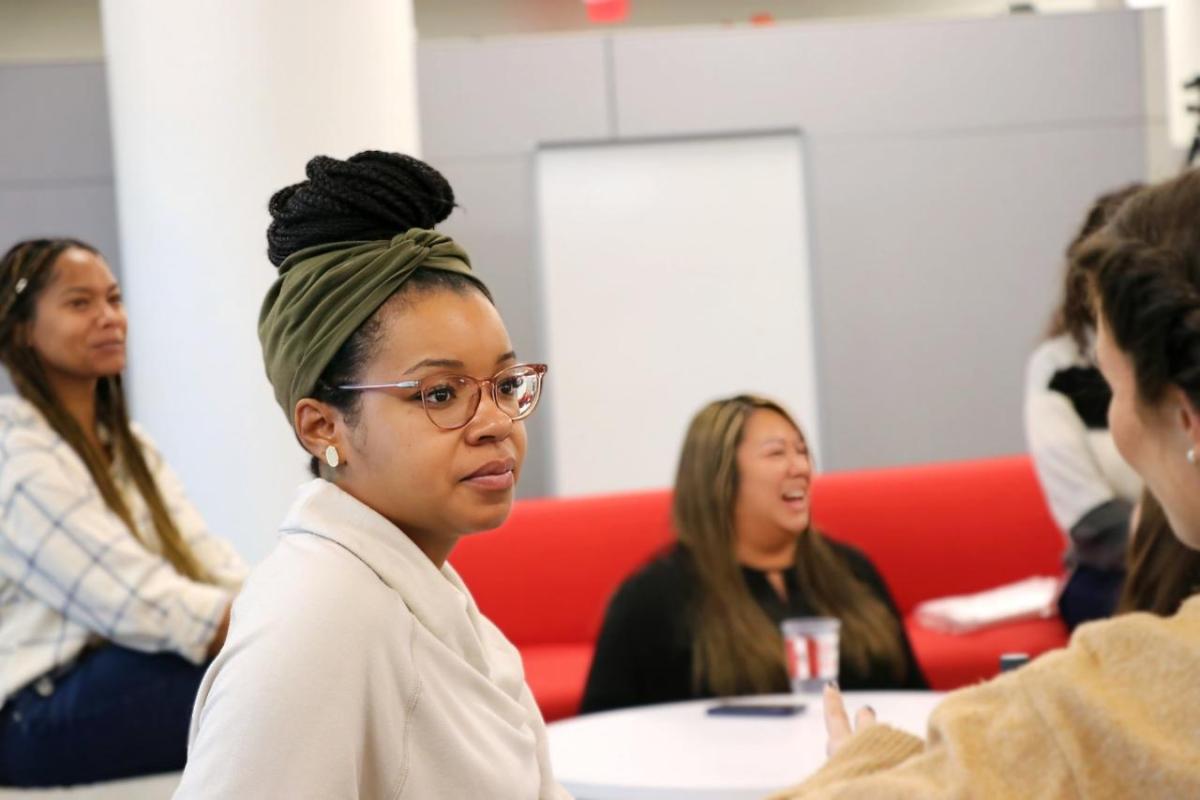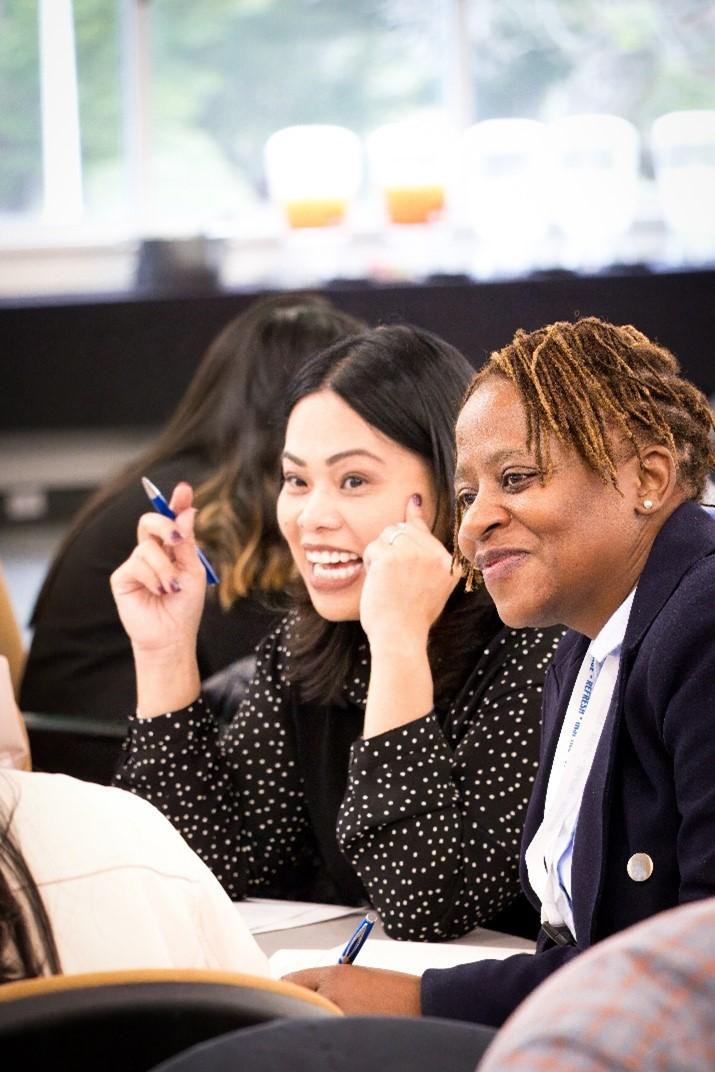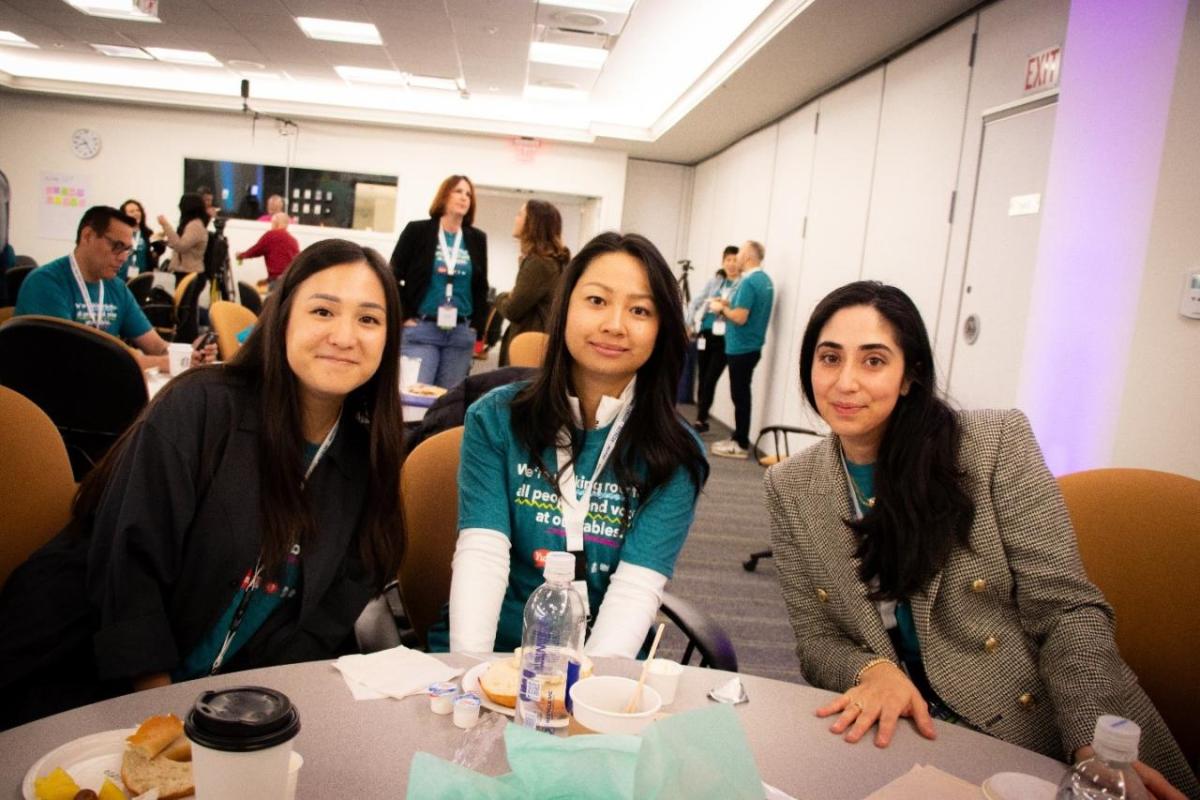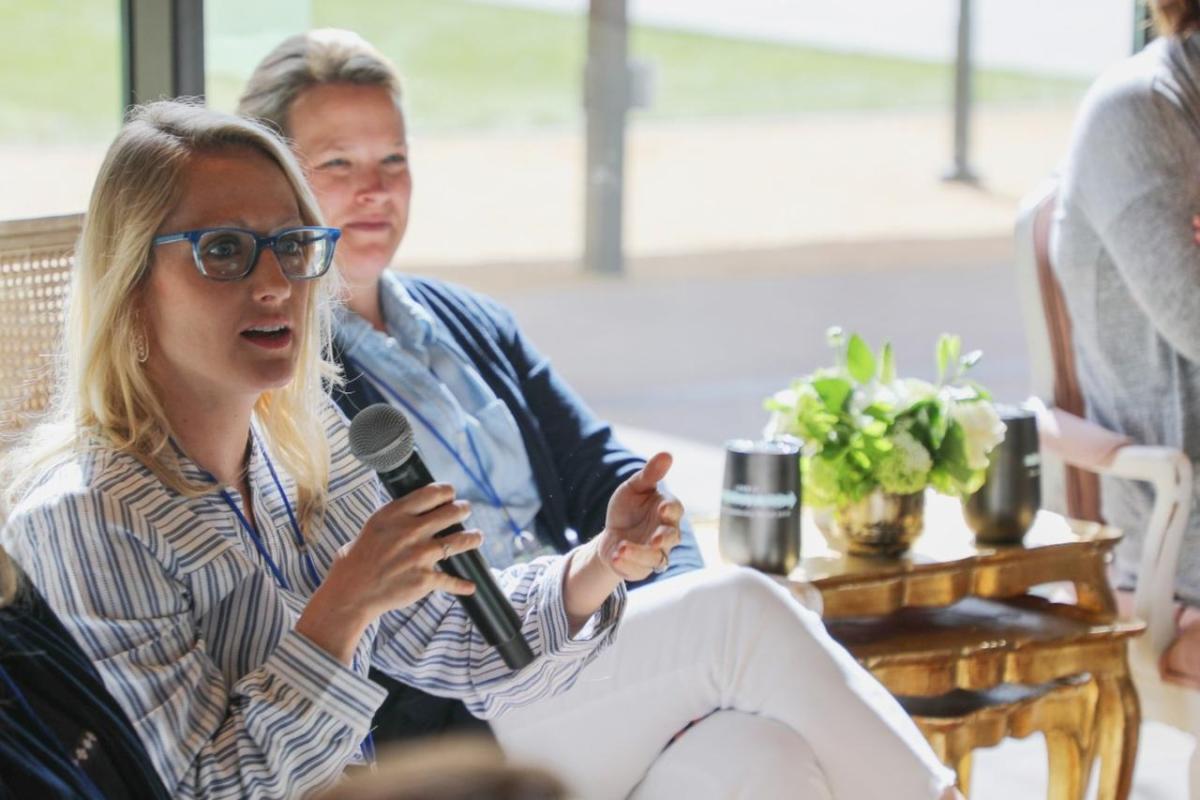How the World’s Largest Restaurant Company Plans To Reach Gender Parity
In 2018, Yum! Brands shared its aspiration to achieve gender parity in its global senior leadership by 2030 – and it’s on track to do so thanks to several purposeful initiatives.
Published on March 01, 2024
The World Economic Forum forecasts that it will take 131 years to reach full gender parity – but Yum! Brands plans to reach it in the next few years.
The parent company of KFC, Pizza Hut, Taco Bell and The Habit Burger Grill made this bold commitment in 2018 when it signed Paradigm for Parity’s pledge to reach gender parity in global senior leadership by 2030. In the past five years, it’s made significant progress moving from 33% in 2018 to 43% in 2022. Plus, the organization has continually been recognized for its efforts, ranking high on the Bloomberg Gender-Equality Index and Newsweek’s list of America’s Greatest Workplaces for Women. With just 7% to go, the company is confident it will continue to make positive progress.
“We know that men and women enter the workforce at an almost equal rate, but the higher a woman climbs, the less women she’ll see around her. And we’re changing that,” said Yum! Chief Operating Officer & Chief People Officer Tracy Skeans.
Here’s how the world’s largest restaurant company is planning for parity.
Hire and promote the right talent for the jobs, ensuring women are in the mix for all positions
“At Yum!, we want the best talent for the job,” said Megan Verret, Yum! Brands vice president for Global Talent. “And one way to do that is to make our organization more attractive to all applicants.”
Research backs Verret’s assertion. An often-quoted Hewlett Packard study reveals that women are less likely to apply for a job unless they meet all of the listed criteria, whereas men will more often apply regardless of criteria met. A corresponding survey found that it wasn’t because women were less confident in their skills than their male counterparts, but that they didn’t want to waste time filling out the online application if a bot was going to pass on all resumes that didn’t meet every single qualification.
Knowing this, Yum! and its brands’ recruiters are purposeful in ensuring several of their job descriptions appeal to an array of applicants. Gone is a laundry list of qualifications and in its place, the essential requirements. Human resources has also enlisted the help of the artificial intelligence service Ongig, which reviews job descriptions and suggests words that are more inclusive. According to Ongig, women tend to factor in a job’s salary when deciding whether to apply, so many of Yum!’s job postings now list a salary range, which also complies with a legal requirement in some U.S. states.
With these measures, Yum! aims to be seen as an employer of choice, attracting a variety of job seekers.
Support women currently in those jobs
Once hired, Yum! and its brands focus on retaining top talent.
“We keep employees by showing them that we embody an inclusive culture that supports them no matter what stage of life they’re in,” Verret said.
Some of this is done through women-centered business employee resource groups (BERGs), comprised of all genders, with which Yum! and its brands support advancement in the workplace by building community, leveraging cross-functional knowledge and identifying and addressing barriers to growth. This is accomplished through several initiatives, like hosting networking dinners between vice presidents and middle management as well as organizing talks with local entrepreneurs to share their inspirational journeys.
“Our retention rate is high,” Verret said. “Nearly 90% of our women employees rank Yum! as a great place to work on our annual Employee Engagement Survey.”
She credits that retention to the aforementioned programs and an internal statistical analysis that confirms pay parity by gender in the U.S. each year. Verret also points to the company’s parent-centric, U.S.-based benefits like subsidized onsite daycare; six-weeks of baby bonding time for all parents, coupled with 12 weeks of paid maternity leave; a flexible remote work policy; and the parents BERG NEST (stands for Nurture, Educate, Survive and Thrive), which advocates for working moms and dads.
“Many of our senior leaders are also parents,” Verret said. “It’s not uncommon for a toddler to walk across the background of a Teams meeting, and we welcome that.”
Insist on gender parity beyond corporate
See the post here
As a predominately franchised organization with over 57,000 restaurants worldwide, Yum!’s belief in gender parity extends to outside its restaurant support centers. Since 2019, the company has run the EmpoweHER Leadership program, which connects women and men in its franchise organizations across KFC, Pizza Hut, Taco Bell and The Habit Burger Grill through development opportunities, a quarterly webcast and an annual conference. The investment in these leaders provides them with opportunities to network, collaborate and grow as well as receive recognition for their contributions across the business.
Two years later, Yum! and the University of Louisville launched the Center for Global Franchise Excellence. The first business program of its kind at a public institution, the center provides existing and potential franchisees multiple levels of online education focused on the franchising model across industries. It also focuses on recruiting and educating people from various socioeconomic situations on the possibilities of franchising as a pathway to entrepreneurship.
Yum! is also intent on creating more equality in the communities in which its restaurants are based. In 2020, the company launched a $100 million, five-year Unlocking Opportunity initiative focused on education and entrepreneurship programs in communities where we operate. It does this in partnership with organizations with the like-minded goal to have a life-changing impact on participants.
One such program in South Africa is producing remarkable results. Called LeadHERship, the partnership between Pizza Hut, Yum! and the nonprofit YES4Youth equips young women, ages 18 to 24, with the skills needed to find a job. Each participant is given a cell phone that has an app to guide them through 12 months of online learning, which makes the education accessible and doable. There’s an in-person mentorship program as well. This hybrid combination delivered a 90% completion rate in the first year.
“This program is one of the best parts of my job,” said Marlene von Berg, social purpose lead for LeadHERship. “We’re already seeing positive changes, not only in the participants, but in their communities as well because upon graduation, they’re getting hired, earning salaries and investing in their families and their neighborhoods both financially and in mentoring the next generation. It’s phenomenal to witness.”
All of this work extends from Yum!’s longstanding efforts with the Women’s Foodservice Forum, which supports women across the foodservice industry.
“We want everyone in our organization – whether they’re in front of or behind the counter – to have an equitable experience,” said Skeans. “It’s part of who we are.”
Don’t rest once gender parity is reached
Today, women are in Yum!’s C-suite, like KFC Global Chief Financial Officer Shannon Hennessy, who advanced to CEO of The Habit Burger Grill, and Shannon Garcia, who came on as Pizza Hut Global’s chief operating and transformation officer. Her role recently expanded to include digital and technology. Those are just two examples, but there are others across brands and functions like legal, technology, human resources, development, finance, operations and sustainability.
But Skeans says Yum! won’t rest even when gender parity is reached.
“While we are committed to our Paradigm for Parity aspirational goal to have parity in senior roles by 2030, it’s more than that,” said Skeans. “It’s about creating an organization that recognizes and celebrates this progress, so that parity becomes commonplace.”
In anticipating this need, Skeans has focused on bringing together women executive leaders to “lead it forward,” finding ways to build community and inspire them to motivate the next generation within the organization.
“A recent study of women CEOs found that two-thirds of them didn’t see themselves as CEOs before their bosses encouraged them,” Verret said. “This makes me wonder, do we have women in our organization who don’t see their full potential? If so, how can we help them see multiple pathways in their future?”
This reality is what motivates Verret and her colleagues to ensure the women leaders see their potential, so gender parity isn’t about a goal, but it’s about unlocking opportunity.
“You can’t be what you can’t see,” said Skeans. “And the more I look around, the more I see others like me in decision-making positions, making me confident that parity is within our reach.”





